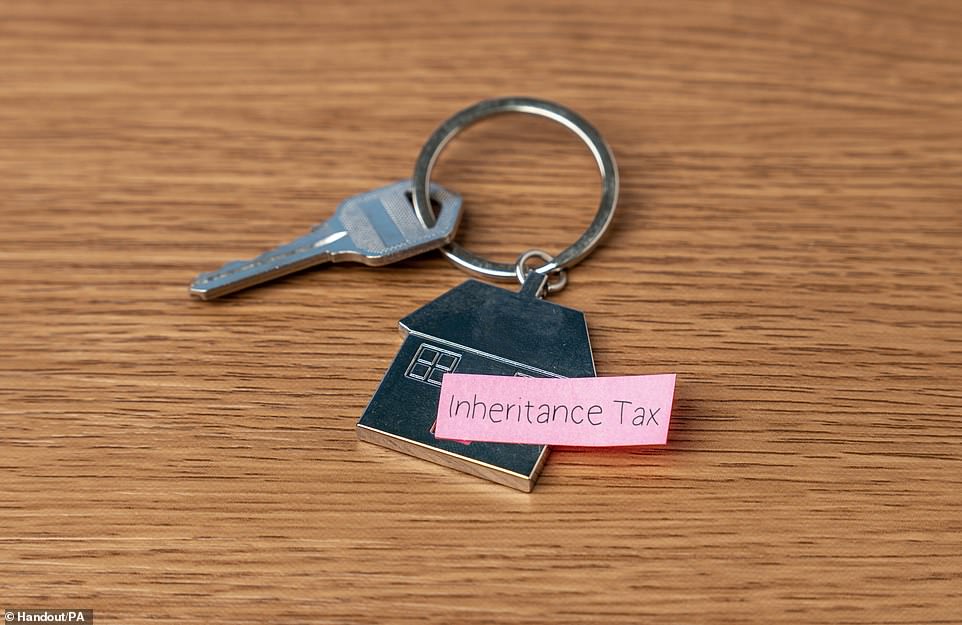Advertisement

The era of lower taxes is over according to a new global report – which comes amid fears that Labour will stage a fresh tax raid. Governments acted to ease tax burdens during the pandemic but this trend started to reverse two years ago and the trend ‘has now solidified’, it said.

The report from the Paris-based Organisation for Economic Cooperation and Development said that meant there was now a mix of tax increases and narrower tax relief measures than were offered during the Covid era.

‘High levels of debt coupled with significant emerging spending needs relating to climate change, ageing and, in some countries, increased defence spending, has meant that jurisdictions of all income levels have adopted strategies to mobilise more revenues,’ it said.

The OECD, a group of 38 developed countries, noted that Britain’s Labour government had already enacted measures targeting capital gains tax, employer national insurance and inheritance tax as well as staging a VAT raid on private schools.

They were part of Chancellor Rachel Reeves’s last Budget which added up to £40 billion in tax raids Yet fears are growing that Ms Reeves will come back for more as she seeks to repair a financial black hole estimated at up to £50 billion.

Pension taxes, stamp duty, rental income and bank profits among the areas rumoured to be in her sights as well as a potential further freeze in income tax thresholds. Labour pledged before the election not to increase taxes on ‘working people’ – covering income tax, national insurance and VAT.

Ministers claim the £25 billion raid on employer national insurance does not break the pledge because it does not directly hit payslips – even though the raid is widely blamed for pushing up unemployment as it makes hiring more expensive.

Some in the corporate world want Labour to ditch the pledge on personal taxes rather than picking the pockets of business again – and damaging growth. Earlier this week, Confederation of British Industry (CBI) boss Rain Newton-Smith said in a newspaper article that the ‘time for tinkering is over’ and warned the Chancellor against ‘slavish adherence’ to her pre-election promises.

Others caution that Ms Reeves should be looking at spending cuts rather than tax hikes to try to get the public finances back on an even keel. In a note to clients earlier this week, experts at Goldman Sachs said history showed ‘that spending-based fiscal consolidations usually improve deficits more sustainably than tax-based adjustments’. Yet it acknowledged that Labour’s U-turn on welfare reform showed spending cuts would be ‘politically difficult to deliver’ and therefore expected there would ‘sizeable tax increases’ instead.
#OECD #warns #governments #reversing #trend #taxes


